In the age of digital transformation, online education has become a game-changer, offering unparalleled access to knowledge and skills from the comfort of your home. One of the prominent players in this field is edX, an online learning platform founded in 2012 by Harvard University and the Massachusetts Institute of Technology (MIT). With its reputation and the vast array of courses, edX has garnered attention from learners worldwide. However, before jumping on the edX bandwagon, it’s essential to take a comprehensive look at its offerings, benefits, and potential drawbacks.
Unraveling The edX Experience
edX, often dubbed a pioneer in Massive Open Online Courses (MOOCs), provides a platform for universities, institutions, and organizations to offer various courses, certificates, and degree programs across various disciplines. These courses are designed to cater to learners at different levels, from beginners to advanced professionals seeking career growth or change.
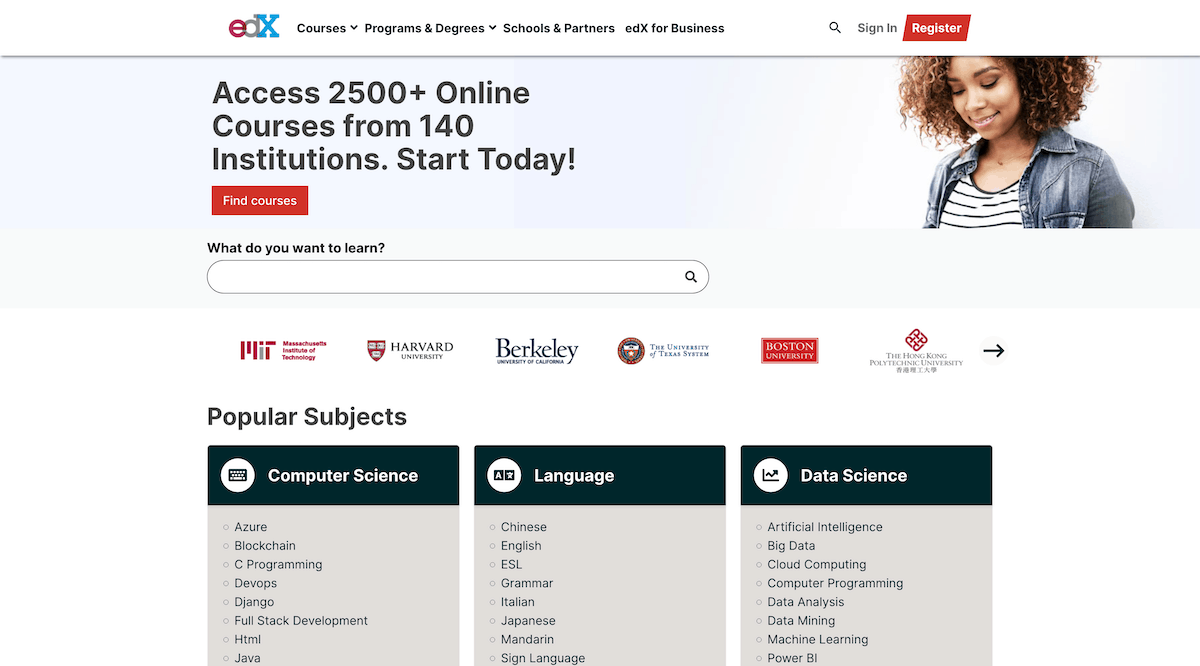
Are you navigating the edX Platform: User-Friendly or Overwhelming?
edX boasts an extensive platform with many courses, certificates, and degree programs. While this variety is a strength, it can also be overwhelming for newcomers. The platform’s interface and navigation can sometimes be clarified, with a learning curve attached. Some users struggle to filter through the vast options and identify courses that align with their goals. However, with patience and time, users often discover that the platform becomes more intuitive, offering a treasure trove of educational opportunities for those willing to explore its depths.
The Upsides of edX
Diversity of Courses: One of the standout features of edX is its extensive course catalog. Learners can choose from arts, sciences, engineering, business, technology, and more courses. This breadth ensures that learners can find subjects that pique their interest and align with their goals.
Reputed Institutions: edX partners with top-tier universities and institutions, adding credibility to its offerings. Courses are often developed and taught by professors and experts from institutions such as Harvard, MIT, Stanford, and Oxford.
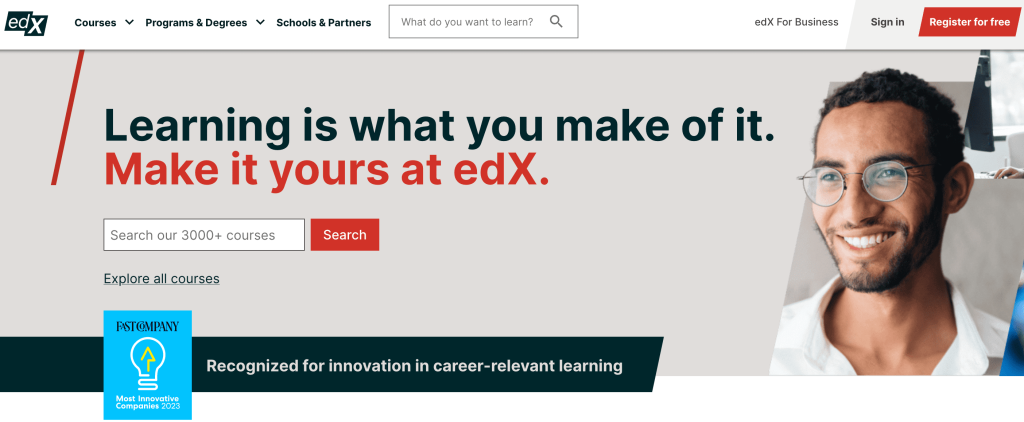
Flexible Learning: Flexibility is a crucial advantage of online learning, and edX takes this to heart. Courses are typically self-paced, allowing learners to fit their studies into their existing schedules. This flexibility is particularly beneficial for working professionals and those with family commitments.
Certificate and Degree Programs: Beyond individual courses, edX offers certificates and even entire degree programs. These credentials can hold weight in the job market and contribute to career advancement.
Affordability: While traditional education can be expensive, edX aims to democratize education by offering many courses for free or at a fraction of the cost of traditional tuition. This accessibility is a significant draw for learners around the world.
The Potential Caveats
Self-Discipline Required: While flexibility is a strength, it can also be a weakness. Online learning demands a high level of self-discipline and time management. Some learners struggle to stay motivated and keep up with coursework without the structure of traditional classrooms.
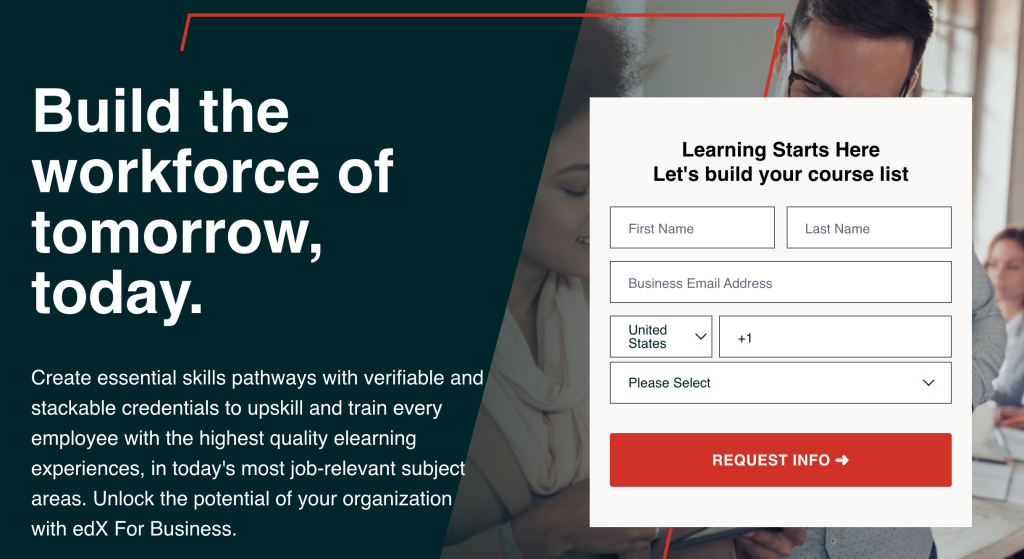
Limited Personal Interaction: Online learning can be isolating. Unlike traditional classrooms, where face-to-face interactions and group discussions occur daily, edX courses primarily rely on forums and chatrooms for interaction. This lack of personal connection could hinder certain types of learning.
Quality Varies: While many courses on edX are of high quality, the platform’s open nature means that course quality can be inconsistent. Some courses lack the depth and rigor expected from higher education.
Credential Recognition: While edX certificates and degrees can add value, their recognition varies across industries and employers. Some employers might view them as equal to traditional degrees, while others might not fully understand or appreciate their worth.
Technical Challenges: Online learning requires a stable internet connection and familiarity with various digital tools. Technical issues can hinder the learning experience for those who need to be more comfortable with technology.
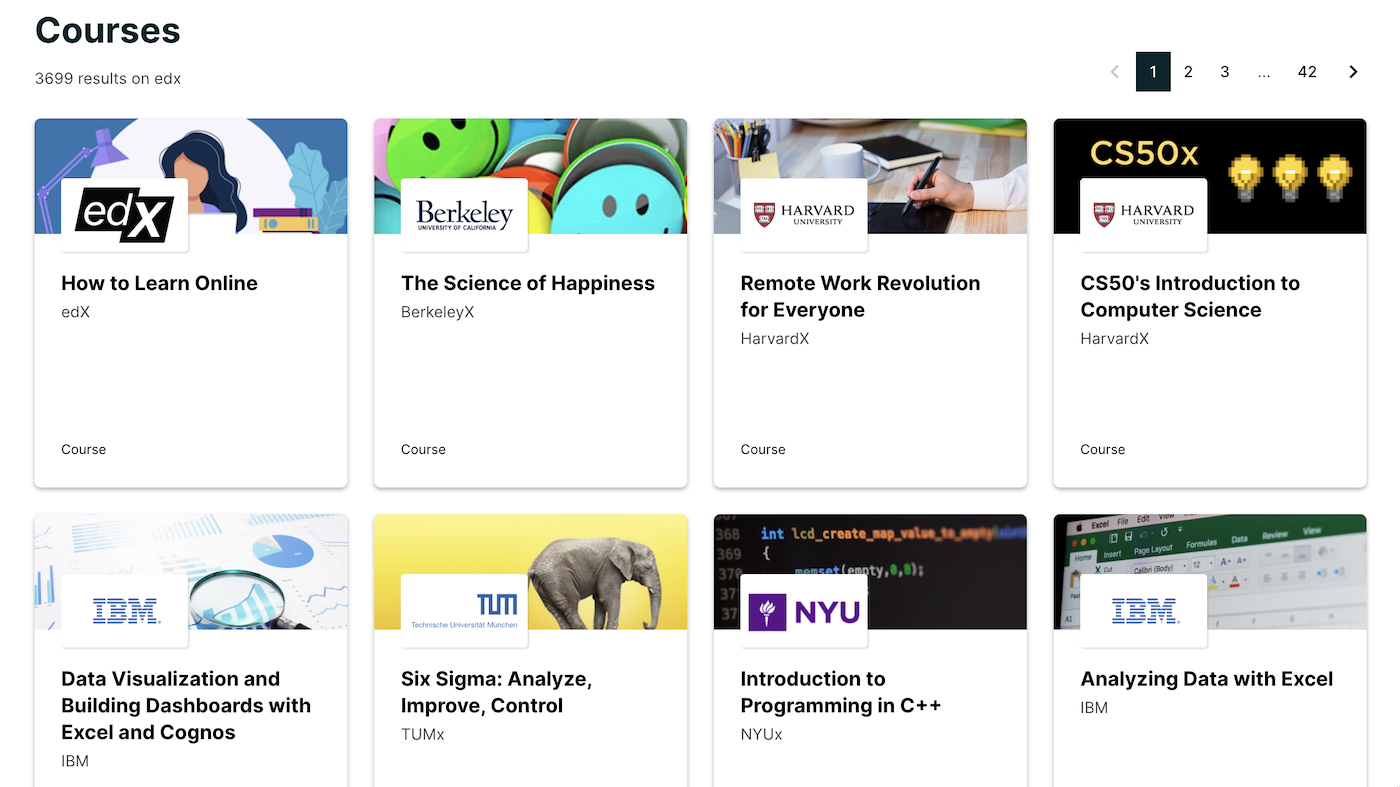
User Perspectives: edX Reviews
To gain a deeper understanding of the edX experience, let’s delve into a few user reviews that highlight both positive and negative aspects:
Positive Reviews:
- Jessica K. (Marketing Professional): “edX allowed me to upskill in digital marketing while maintaining my full-time job. The self-paced courses were well-structured, and the content aligned with what I expected from a traditional classroom. The certificate I earned boosted my resume and played a role in my recent promotion.”
- Alex M. (Computer Science Student): “As a computer science student, I used edX to supplement my coursework. The variety of advanced programming courses was impressive. The ability to learn from professors at top universities was a game-changer for me. Plus, the cost was way more affordable than enrolling in extra courses at my university.”
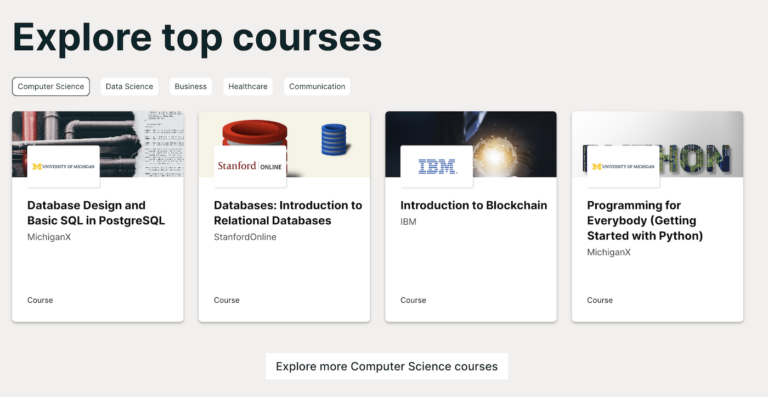
Negative Reviews:
- Emily R. (Language Learner): “I tried learning a new language through edX, and while the course content was decent, the lack of real interaction made it difficult to practice speaking. Language learning requires more than videos and quizzes; it needs real conversations.”
- David S. (Aspiring Data Scientist): “I enrolled in a data science specialization on edX, but the quality varied greatly between courses. Some were outstanding, while others felt rushed and superficial. It’s a bit hit or miss, and I wish there were a more consistent standard.”
Making an Informed Decision
Before investing time and money in edX courses, prospective learners should assess their learning preferences and goals. If self-paced learning, diverse course options, and reputable credentials are appealing, edX could be a valuable resource. However, those who thrive in traditional classroom environments or need hands-on practical experience might need to supplement their edX studies with additional resources or consider other avenues of education.
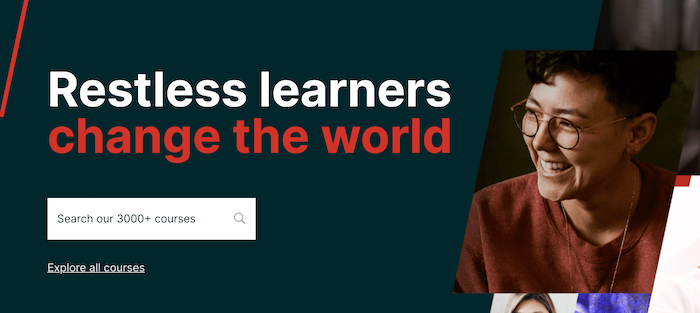
Remember that edX is just one piece of the online learning landscape. Other platforms have different strengths and weaknesses, such as Coursera, Udacity, and Khan Academy, each catering to specific needs and preferences.
In conclusion
edX is undoubtedly a trailblazer in online education. Its partnership with esteemed institutions and vast course offerings make it an enticing option for learners seeking flexibility and growth. However, like any educational choice, edX has its pros and cons. Aspiring learners must carefully weigh these factors against their goals and learning styles to make an informed decision. With the right approach, edX can be a stepping stone toward personal and professional advancement in the digital age.

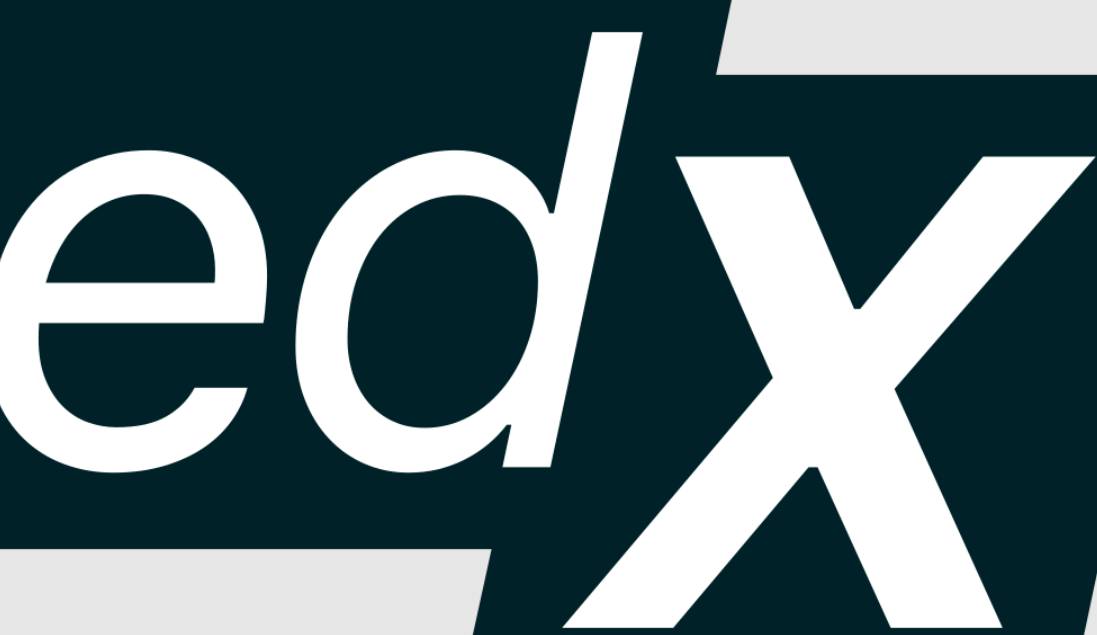

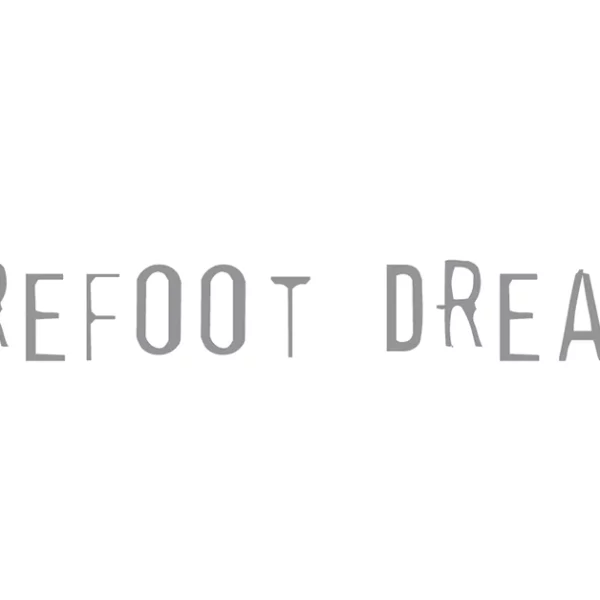
Leave a Comment